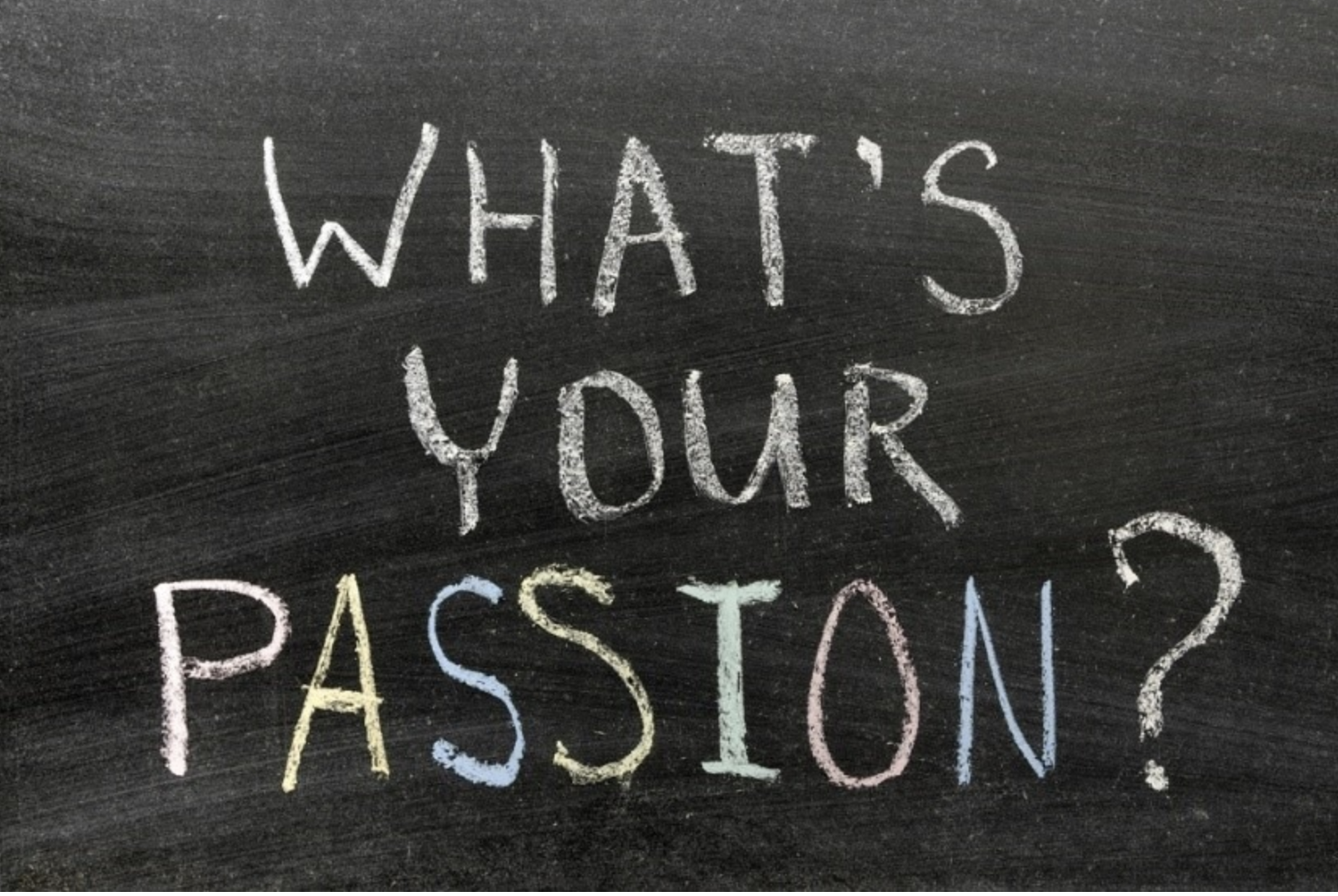
When I was young, I was confident in small circles but shy in small settings, especially at school. I was the kid who didn’t want to stand up in front of the class, hated delivering speeches, and didn’t even like to raise her hand in class, even when I knew the answer.
I didn’t even like getting called to read aloud when it was my turn in the reading circle. In fact, it was so bad that I would agonize about counting the number of kids to go before it would be my turn. And my fears were rather irrational. I was an early reader and quite articulate at a young age. But, I didn’t want the attention drawn to me for fear that I would clam up.
The Beginning of a Writing Passion
For whatever reason, I was always more comfortable writing what I had to say than sharing it aloud. As my handwriting improved (I believe I’m pretty proud of how nice my handwriting was when I was younger), I felt compelled to start writing down my thoughts.
My mom had bought me a diary, and for years, I wrote in it every day, even if it was just a sentence or two. This was a habit that I took into my high school and early college years.
Aside from that, I used to write notebook page after notebook page of short stories. At recess in elementary school, I’d take out my notebook and pencil, sit with my back on the school wall, and write my stories. I must admit, I turned this into a bad habit during those middle and high school years, writing stories when I should have been taking notes. Thankfully, my grades didn’t suffer for it!
A Journey in Writing
In middle school, I joined the school paper and yearbook committee. Before I knew it, I was assigned many more challenging articles. It was only natural to join the school paper in high school. For two years, I spent my time as a reporter. In my junior year, I was the News editor, and in my senior year, I was honored with the treasured and esteemed title of Editor-in-Chief.
But not only that, I signed up for almost every English class I could. Write a paper? No problem! Bring it on; the more books I could read, the better.
Finding My Academic Path
When it came time to decide the path to take in college, journalism seemed the obvious route. I pursued my Associate of Arts degree at Inver Hills Community College in Inver Grove Heights, MN, and, as you guessed, I served as the co-editor-in-chief of the school paper.
When I got into journalism school at the University of Minnesota, I was elated. I loved the courses, but then the university lost its accreditation for the journalism school, and I decided to change paths. Plus, the low compensation for a journalism career was measly compared to the pay of a marketer.
So, I changed my degree to English and learned about marketing and writing in many forms. I learned the styles of various writers and continued to hone my process of reflecting my thoughts in writing.
Evolving Writing Skills
After college, I went into the marketing field. It wasn’t really my intention; it just happened that way. I had been in the customer service space, ironically responding to customer complaints by letter. A colleague took a chance on me and promoted me to a marketing and promotional planning role for a large electronics retailer.
During those next couple of years, I learned far more than what I could learn in school. I learned about product, price, placement, and promotion – all of those integral things a marketer needs to know. But I still decided I needed more. So, I decided to get my master’s degree in business communication from the University of St. Thomas.
The Road to Becoming a Copywriter
Once again, I had the opportunity to hone my skills.
Over the next 20 years, I worked in various sales and marketing roles. In 2019, I started freelancing on the side, setting up an account on Upwork and taking on clients who needed help with blogs, website copy, email copy, and more.
Since much of my experience to date had been in print advertising, this provided an excellent opportunity to hone my digital marketing and content-writing skills, especially in the area of search engine optimization.
I learned how to create great content that would attract site visitors and increase the chances of a sales conversion. My content adhered to Google’s EEAT principle, focusing on:
1. Experience
“Experience” refers to providing valuable and relevant content that offers a positive user experience. This means creating user-friendly web pages that load quickly and are mobile-responsive.
Search engines prioritize websites that prioritize the user experience, as it leads to lower bounce rates and longer visit durations, indicating the content’s relevance and quality.
2. Expertise
“Expertise” in SEO implies demonstrating a high level of knowledge and authority within a specific niche or industry. When search engines assess your content, they look for signs of expertise, such as well-researched and accurate information, in-depth analysis, and citations from authoritative sources.
Great content and storytelling showcasing expertise is more likely to rank well and be trusted by search engines and users.
3. Authoritativeness
“Authoritativeness” is all about the trustworthiness and credibility of a website or content. Establishing your website as an authoritative source in your field is essential to consistently producing high-quality, reliable content.
This can involve gaining backlinks from reputable websites, sharing endorsements or testimonials, and highlighting your writers’ or experts’ qualifications or credentials.
4. Trustworthiness
“Trustworthiness” is a fundamental aspect of SEO. It means creating content that users and search engines can trust. This includes maintaining transparency about your identity and purpose, providing accurate and up-to-date information, and protecting user data and privacy. Building trust can lead to higher search engine rankings and better user engagement.
These four principles are core components of Google’s Search Quality Rater Guidelines, which help human quality raters assess the quality of search results. By incorporating these principles into your content, you increase its chances of ranking well in search engine results and earning the trust of your audience.
This all said, a change in the marketing team at my most recent employer in January 2023 got me thinking – I have a passion for marketing and writing. Why don’t I do this full-time?
So, I started to take my freelancing business full-time. By March 2023, Copywriting For You was a corporation ready for business. And before I knew what had happened, I was getting more work through Upwork and other channels. Word of mouth is a powerful friend.
Unleash Your Passion
Do you have something that inspires you? Do you want to share your talent with others? Are you entrepreneurial-minded? Are you a blogger? A graphic designer? A sketch artist? A photographer? A voice-over artist? There’s a market for all of these skills. So, what’s stopping you from getting started? There will always be a reason or two not to, but remember, there are often dozens, if not hundreds, of reasons to do it.
Let me know how I can help!

